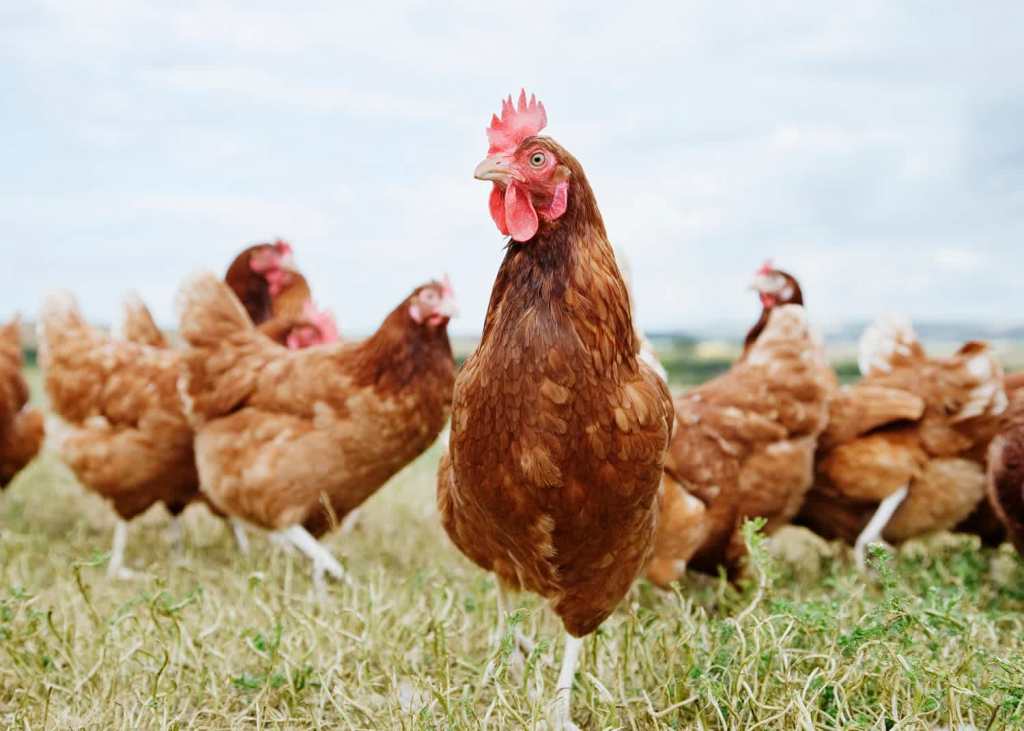The federal government has announced plans to phase out eggs produced by caged chickens by 2036 as part of a broader scheme to increase animal welfare nationally and end the practice of battery farming.
As with almost any issue when it comes to animals and agriculture, people aren’t happy. Animal rights groups have already criticised the plan for being too slow, while the farming industry has criticised it for being too fast.
The Daily Mail, for its part, has taken a swipe at the government for what they see as an attack on the humble bacon and egg roll, the life-giving breakfast saviour of hungover people everywhere.
The federal government has been forced to make the new proposals after an independent inquiry recommended the changes.
The government however denies that it had been forced to make the changes and claims it has always been in full support.
About Clucking Time
Australia is already an outlier in the welfare standards of chickens, with 30 out of the 36 OECD nations already having phased out battery cages or being in the process of getting rid of them
RSPCA senior policy officer Jed Goodfellow told the ABC that battery cages have been banned in Europe since 2012 and that New Zealand plans to phase them out by next year.
“Australia really is lagging behind at the moment so it is pleasing to see we’re seeing some progress finally,” Goodfellow said. “We would like to see the transition timeline shortened considerably. Ten to 15 years is far too long.
Plus, who knows, by then we might not even be that into eggs and the price of inflation may well have thrown the whole price-of-an-egg debate completely sideways.
The new recommendations allow farmers to use “furnished cages”, essentially bigger cages with more mental and environmental stimulation for the chickens like scratch pads, perches, and nest areas.
However, industry experts suggest it is unlikely that many farmers would bother upgrading to larger cages and will probably do away with them altogether in favour of the more humane barn-laid approach.
Once the proposals are approved, it will then fall to the states to make the new regulations to enhance the lives of chickens across the country.

